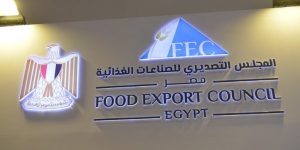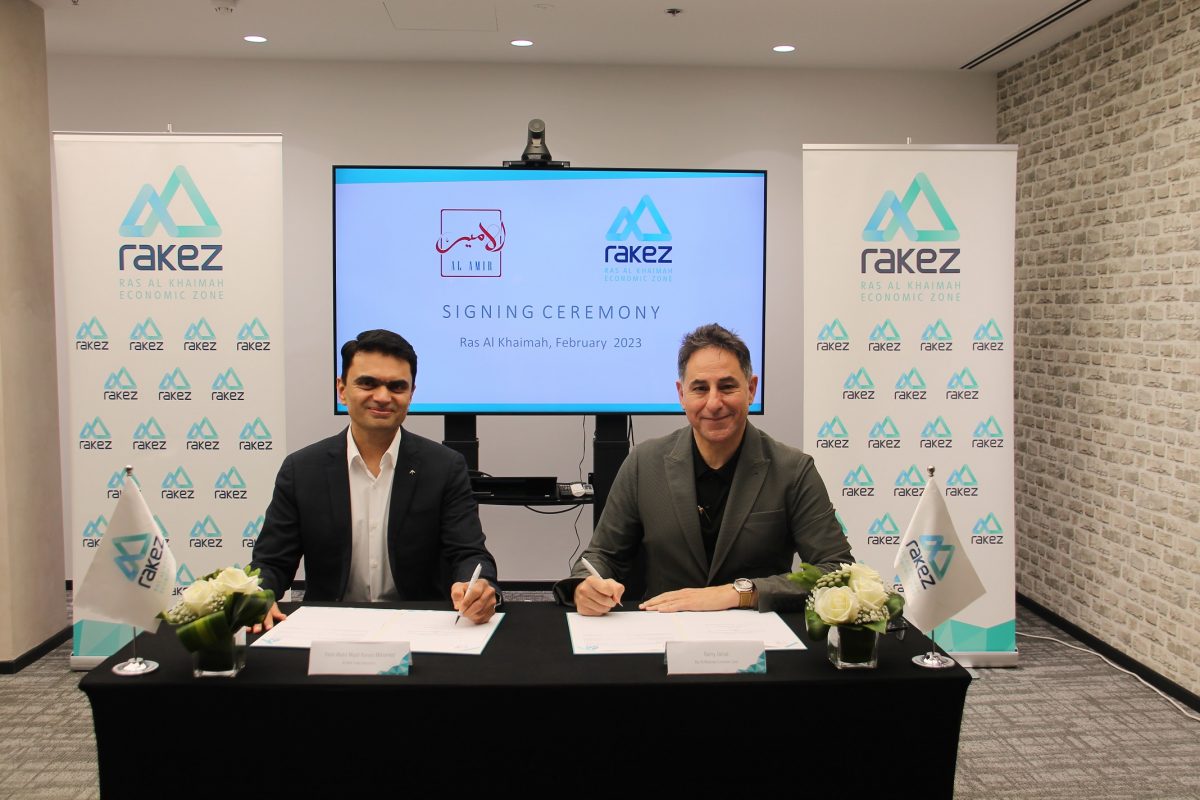Egypt’s Food Export Council held a seminar introducing local companies to halal certification requirements and their importance for increasing exports.
ANBA – Omar Assi
 Cairo – Egyptians discussed the benefits local companies can get exporting with halal certification. The country’s Food Export Council (FEC), in cooperation with the Egypt Trade Reform and Development Project (TRADE), funded by the United States Agency for International Development (USAID), held a seminar on halal certification requirements, its importance, and mechanisms by which its application can leverage exports by Egyptian companies.
Cairo – Egyptians discussed the benefits local companies can get exporting with halal certification. The country’s Food Export Council (FEC), in cooperation with the Egypt Trade Reform and Development Project (TRADE), funded by the United States Agency for International Development (USAID), held a seminar on halal certification requirements, its importance, and mechanisms by which its application can leverage exports by Egyptian companies.
Mahmoud Emara, the senior Food Safety consultant of the TRADE-USAID project, said there is confusion between the requirements needed to obtain halal certification for imported products and halal certification for Egyptian products exported to Islamic and non-Islamic markets. According to him, fulfilling the requirements for obtaining the halal seal has become essential and necessary for all exporters, regardless of the target market.
Muhammad Abbas, a food safety consultant and director of an inspection and certification company for agricultural quality systems, revealed compliance with halal certification depends mainly on food safety and not just the prerequisites of Islamic countries.
The general concept of Islamic food means it is fit for human consumption and conforms to Sharia, Islamic Law. That means the food or its additives are free of banned substances or animal products that have not been slaughtered according to Islamic Law. It also means the food does not contain any alcohol or pork fat and has not been processed or prepared using contaminated tools, which means the product is safe for consumers worldwide from various ethnical groups.
Regarding the requirements, he pointed out several countries need the product to be suitable for human consumption and comply with Islamic Law, meaning it is safe and harmless. Food must also be kept apart from any materials violating Shariah rules in the processing, manufacturing, storage, and transport stages. He pointed out most Islamic and non-Islamic countries require goods to obtain a halal certificate to access their markets.
Abbas explained the requirements are not limited to banning pork and alcohol. Many conditions and controls are interrelated, including the food safety management system, raw inputs used in the processing, tools and equipment used in manufacturing, and the additives used in production.
He added among the requirements are cleaning the surfaces that come into contact with the product, personal hygiene, general health of the workers involved in the production process, and obligations in the case of having pork or its derivatives at the plant where the food is produced.
There are also guidelines on packaging and logo, conditions related to the storage and transport of goods, preservation of the environment, and outsourced or subcontracted services. Rules also control traceability, recall, handling customer complaints, laboratory analysis, and pest management.
Translated by Georgette Merkhan & Elúsio Brasileiro



